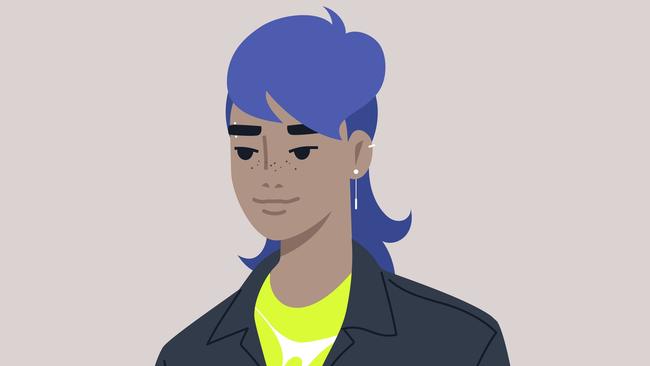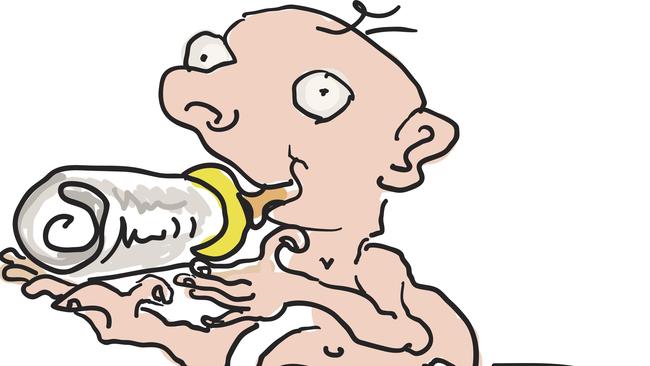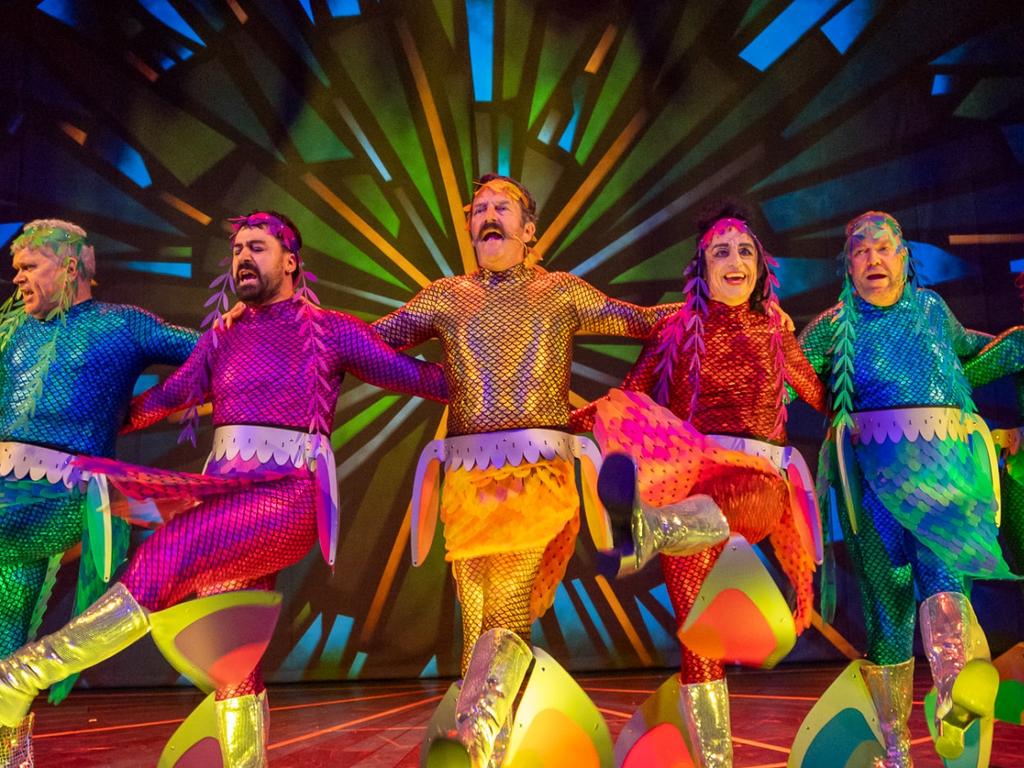That mullet hair looks great! and other fibs
From Great Aunt Clodagh’s nerves to “ugly” babies and dire haircuts, the imperative is to tell a white lie, and move on.

Little white lies. Let’s be frank. We all tell them, from using stock excuses for leaving a dreary party early (“Early start at work tomorrow!”) to pretending your pal’s new specs with the trendy yet comically oversized frames do not make her look like Austin Powers.
Some research suggests we tell little white lies as often as once a week, in order to spare others’ feelings or save ourselves from embarrassment. In fact, it could be said that strategic fibbing is an all-purpose social balm that keeps us on good terms with friends, neighbours, colleagues, even frenemies.
“Cool haircut!” you say of your nephew’s reinvented mullet with the high shaved sides and mop up front. Or to the serial re-gifter at Christmas: “We’ve always wanted a portable fire pit for the apartment balcony!’’
Still, it is oddly liberating to think back on some of the biggest clangers I’ve heard from those who don’t know how to lie artfully, or just don’t care.
An ex-neighbour used to introduce himself as the father of twin girls, then aged three. “One of ’em is really beautiful,’’ he liked to say, which left us worried for the self-esteem of the apparently less gorgeous twin. It seemed a bit rough to have your dad write off your looks when you have only just graduated from nappies to pull-ups.
Irish culture can be euphemistic, and in my book a well-turned euphemism is a close cousin of the little white lie: I was well into my 20s before I realised that recurring questions about the state of Great Aunt Clodagh’s nerves (as in, “Are her nerves better?” or “How’s the nerves?’’) were code for: “Then there was the time Aunt Clodagh put her head inside her gas oven, and went to sleep …”
Another Irish woman I know pushed out seven children in as many years. She would recount to anyone who cared to listen how she wept bitterly when her only son was born. No, she didn’t particularly want another daughter, she just thought this baby – who grew up to be very attractive – was ugly (her words, not mine). It was all her children could do at family events to restrain their mother from digging up documentary evidence for this crime against nature: the baby photo album.
Different cultures have different standards of bluntness and honesty about everything from personal appearance to childhood intelligence. During a family holiday in Thailand, a shopkeeper asked my younger son, then eight, a question. He was entranced by the array of knock-off European soccer jerseys she was flogging, and didn’t realise the shopkeeper was addressing him.
“Is he simple?’’ asked the lady entrepreneur, seemingly oblivious that some parents might find this offensive. We laughed uproariously and the question “Is he simple?” remained part of dinnertime banter between our sons for years afterwards.
When it comes to body shape, Westerners usually resort to the little white lie, telling men with middle-aged spread or women struggling with post-baby or post-menopausal weight gain: “You look great!’’
In contrast, some of my Asian friends seem to have no problem discussing body shape in rather bracing terms. One friend says her mother-in-law, who lives overseas, comments on her weight within a few minutes of catching up, even if she has just flown in. Over dinner one night, one close friend bellowed: “He used to be thin as a pin! Now look at him!’’ The target of her derision, her husband (who has never looked obese to me), simply chuckled good-naturedly.

A few years ago, I developed a fascination with Chinese dating show Meet the Parents: China – in which parents were given a big say in who their child should date – because it could be so politically incorrect, brutal and bizarre. One mother declared she wouldn’t accept a female contestant with cold hands for her son, because cold hands signified a cold-blooded uterus and fertility problems. In this show, hosted by a matronly transgender actor, other female contestants were bluntly told they weren’t pretty or young enough, while male contestants were dismissed as too short or not sufficiently wealthy.
Surviving family tragedy was also a turn-off for these socially ambitious parents; one empathetic young man was dismissed as having an almost fatal “flaw” – because his father died when he was a child. With its lack of regard for the soothing little white lie, the Chinese marriage mart – at least the reality TV version of it – makes Bridgerton look like a meditation retreat.
In my years as a soccer mum, it annoyed me how middle-class parents hovering dutifully on the sidelines indulged the little white lie to excess with their offspring. “I’m so proud of you!’’ and “good job!’’ they would chorus to little Charlotte or Charlie just for making contact with the ball.
My younger son, to his credit, couldn’t stand this. He’s been in good teams and teams that endured losing streaks. If I dared point out after a 6-2 thumping that technically, his team won the first half, there’d be trouble. “Stop sugar-coating things!’’ he’d exclaim, before settling in for an afternoon of power pouting.
By the time he was eight, his talent for calling things as he saw them was slightly out of control. When we visited relatives who were on a diplomatic posting and living in a grand mansion in Indonesia, he stood next to his dad and asked loudly: “So is my uncle the really successful brother now?’’
In contrast, after visiting my brother – who then lived on an acre in Sydney’s outer west, grew his hair long and bought a Harley-Davidson – we returned to our leafy, middle-class suburb. Junior asked, in his inimitable interrogative style: “Mum, are we bogan, at all?’’ It was the polite “at all’’ that tickled me, with its implied suggestion it is possible to be part-bogan.
It was Walter Scott who opined: “O, what a tangled web we weave when first we practise to deceive.’’ I assume he was talking about whoppers, which I don’t condone and which can of course lead to other whoppers. But surely with his sweeping denunciation, the Scottish novelist and poet protested too much? If you ask me, behind every bad haircut, fashion malfunction or significant family gathering lurks the underrated social convention of the little white lie.
Lifeline Australia: 13 11 14.





